Why Real Estate Investors Shouldn’t Skip Inspections—Even on “Quick Flips”
The Temptation to Skip Inspections
For many real estate investors, especially those focused on “quick flips,” time is money. The faster you can buy, renovate, and sell, the faster your profits come in. It might be tempting to skip a home inspection to shave off a few days and a few hundred dollars.
But here’s the truth: skipping an inspection can cost you far more in the long run.
Hidden Problems = Hidden Costs
Even homes that look solid on the surface can hide costly issues beneath the paint and drywall. Common surprises include:
Outdated electrical panels
Plumbing leaks inside walls
Roof leaks masked by temporary patching
Foundation cracks hidden by fresh paint or landscaping
An inspection reveals these hidden risks before they derail your project—or eat into your ROI.
Protecting Your ROI
Flips are all about margins. A $5,000 unexpected repair could wipe out your profit. By investing in a pre-purchase inspection, you’re essentially buying insurance for your bottom line. Knowing the true condition of the property helps you:
Accurately budget renovation costs
Avoid overpaying for a property
Factor repairs into negotiations with the seller
Liability and Reputation Risks
Beyond dollars and cents, there’s another concern: liability. If you sell a flipped property with major undisclosed issues, you may face lawsuits, claims, or damage to your reputation. A professional inspection ensures you can disclose issues transparently and address them properly—protecting your reputation as a trustworthy investor.
Smart Investors Know: Knowledge = Leverage
Whether you’re flipping one property a year or ten, inspections aren’t just a formality. They’re a business strategy. The more you know about the property, the more control you have over your investment.
Conclusion
Real estate investing is all about risk management. Skipping inspections may seem like a shortcut, but it’s one that often leads to costly detours. Protect your ROI, your liability, and your reputation by making inspections a non-negotiable part of your investment strategy.


